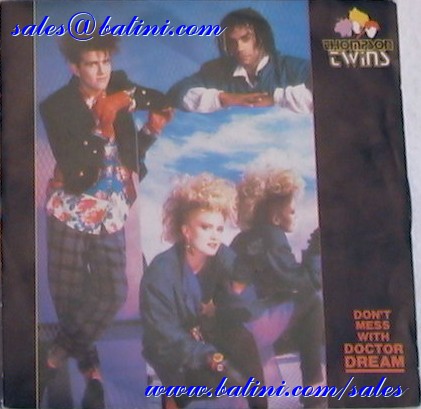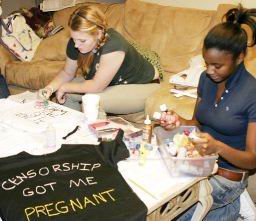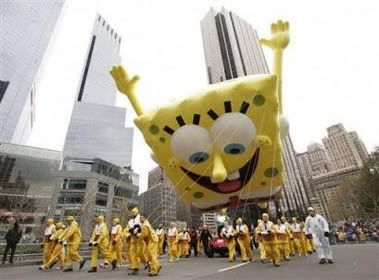I saw
Rent in a road company production here in Seattle a few years ago. I didn't like it very much. Oddly, perhaps, what put me off was not the depiction of gays and lesbians, or gay life. I was "gay friendly" at the time, but a few years away from getting involved in the whole
Tara on Buffy thing, let alone creating my own lesbian characters and their own story.
No, what bothered me was that
Rent seemed to me to be about the romanticism of poverty. That idea (usually promoted by rich people), that poor people are sexier, more "in tune with life" and "earthier." And therefore, really, they're luckier than those poor-sons-of-bitches who happen to inherit a few thousand dollars. As has often been observed, and not just by me, how come it's always the multi-millionaires like John Lennon and Sting who tell us to "imagine no posessions" or that we can "live here and be happy with less?"
Plus at the time I thought too much of the music in
Rent sounded the same. But I've come to believe that was the result of a faulty sound system. Enough of the songs have stayed with me from that one viewing that I now think they're the show's greatest strength.
In this book, Sarah Schulman makes a convincing case that her novel,
People In Trouble was used as an unacknowledged source for
Rent's book, specifically the lesbian plotline. Unfortunately she is less convincing about why she chose not to pursue legal action about this. She repeats several times that she couldn't, and we're fools who've watched too many legal TV shows if we think she could. But it begins to seem like a self-fufilling prophecy.
Whatever the case, Schulman chose instead to use
Rent and her discovery of its similarities to her novel as a launching point to discuss "Theater, AIDS and the Marketing of Gay America" (her subtitle).
Now I have, as they say, a dog in this fight. But I don't think that's the only reason it seemed to me she was contradicting herself in some of this book. At times it was like she was walking in a rapidly shrinking cul-de-sac: Gays don't get properly depicted because it's either not shown how deviant they're made to feel, or they're shown to be
too deviant. But don't you impose "straight" versions of health-and-happiness on them either.
And although she explicitly denies at one point that she thinks only gay people can write about gay/lesbian culture, I did get that impression from some of what followed. However, let's allow that I might be too sensitive about this. But I wonder too what audience Schulman thought she was writing for, because she tends to toss off assertions as though she assumes that everyone is going to agree with her-or that they even know what she's talking about.
The book is also let down somewhat by her limitations as a drama critic. The best of these--Kenneth Tynan was the supreme example-put you in the seat next to them, so agree with their opinion or not, you know what happened.
When Schulman gives examples of other plays and performance pieces that, to her, gave more authentic depictions of gay life, she leaves herself open to the question
Yeah-but were they entertaining? Because she doesn't succeed in making them come alive for the reader. We get that she liked them, but we don't get what they were
like.
(Six Degrees Of Separation moment: One of the actresses in a show she describes is Liza Weil. Weil is an actress I've sometimes named on my wish-list of "if I could have anybody to play one of my characters...")
Yet the book is, ultimately, too convincing to be easily dismissed. It belongs in the category of books I apreciated reading even though I disagreed with much of it, if not because of that.
According to...Thomas, an article placed underneath the offending story, "advises students to practice abstinence until marriage."









